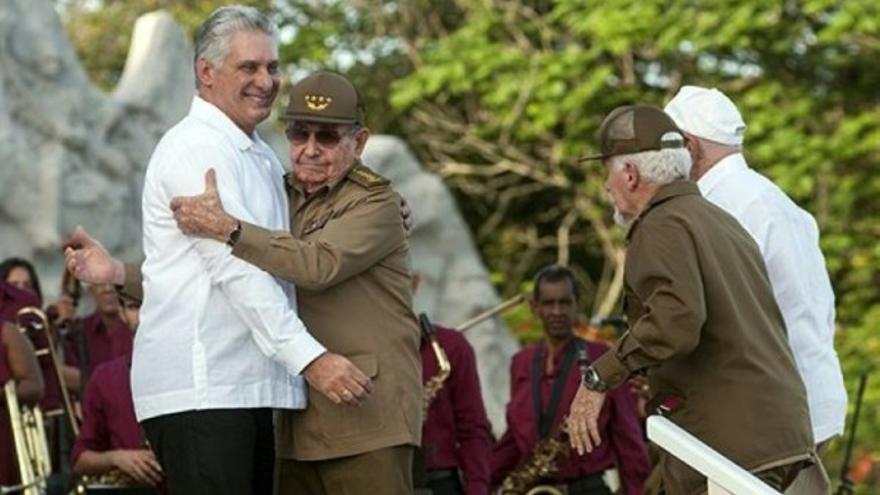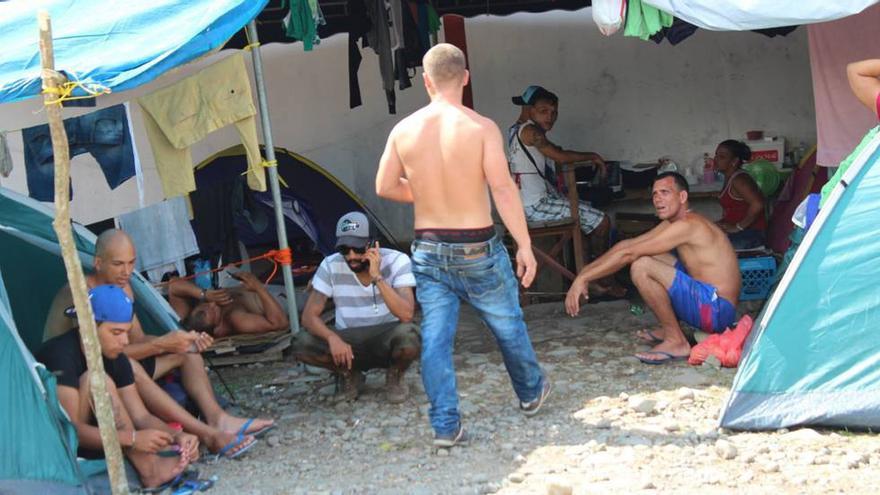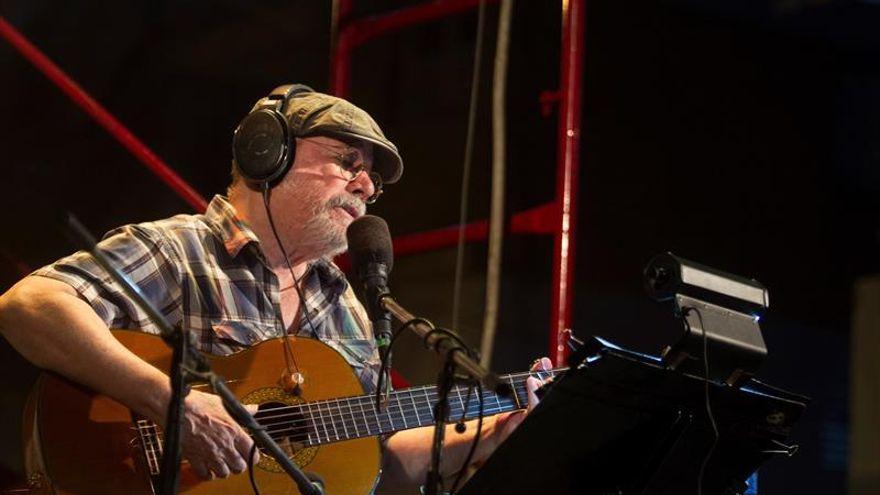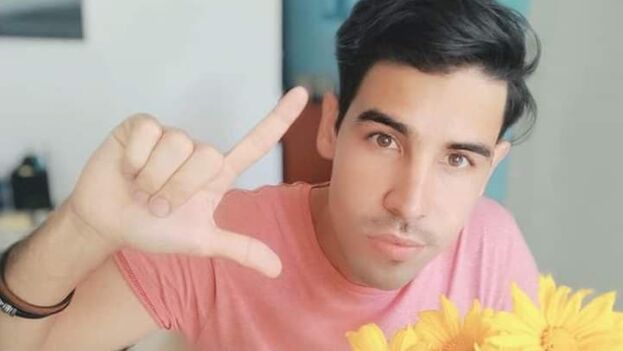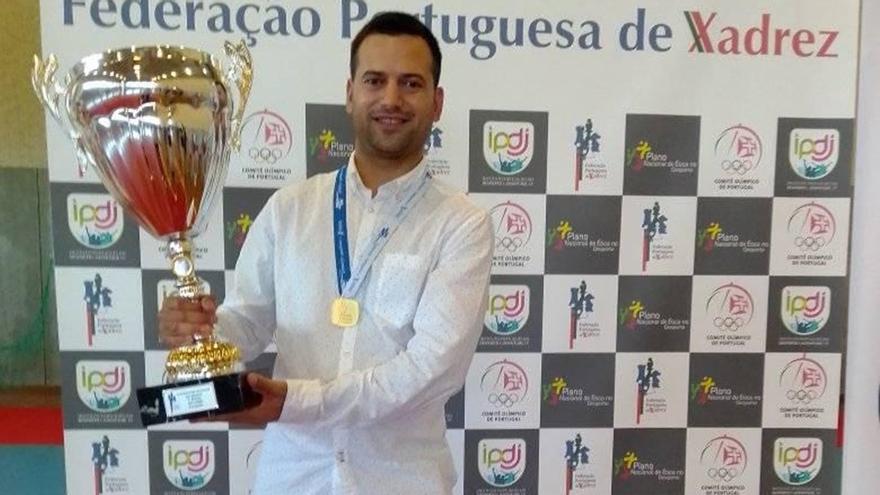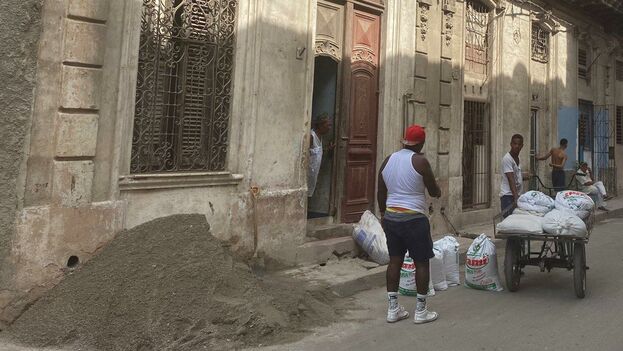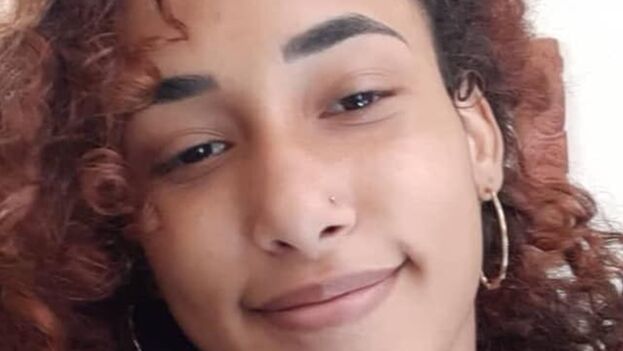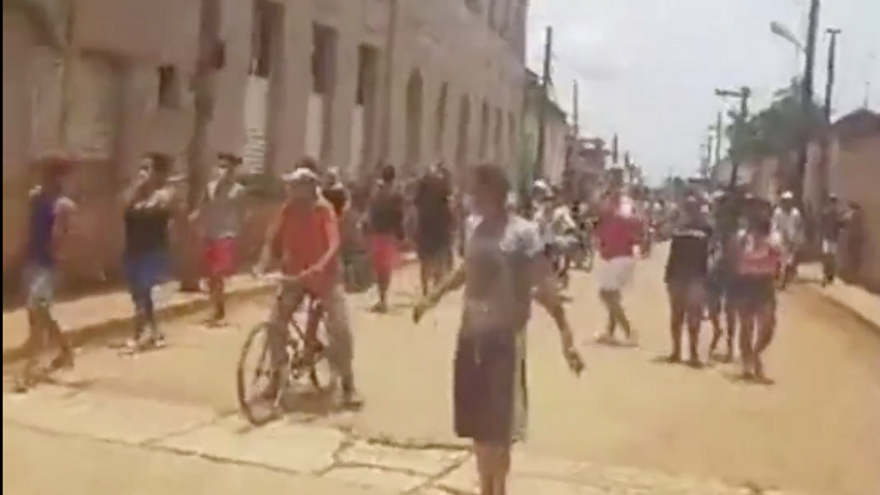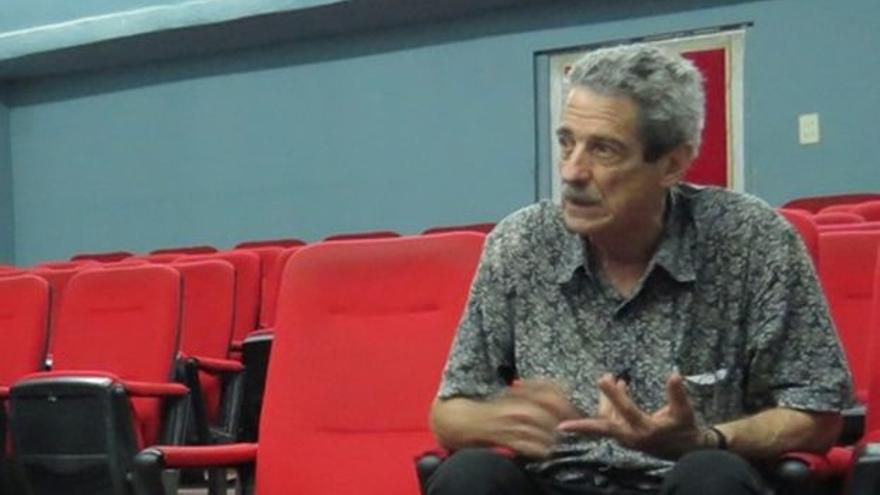Yes. He’s right. Since the time of the French physiocrat Juan Francisco Quesnay back in the 18th century it has been known that the land has to win, basically because otherwise it is abandoned. That’s easy. Physiocracy* encouraged economic thought for decades to place agriculture at the center of economies, and well into industrialization and later, classical economists relied on agriculture to explain their various models. There is no doubt that the agricultural sector has to produce, and also to be efficient doing so — to earn money, to be profitable.
In Cuba, Valdés Mesa, who judging by his age must have known the flourishing Cuban agriculture before 1959, must be suffering from the unbearable feeling that he is witnessing the end of an economic model that never served any purpose. continue reading
His visits to provinces throughout the country to evaluate the conduct of agricultural production and its immediate prospects must have shown him the harsh reality of failure. For example Ciego de Ávila, with sufficient water reserves due to its geography and water table, as well as workers experienced in the agricultural sector, is trying to boost agricultural production, but gives the impression it is unable to achieve even a self-sufficient supply of food.
Therefore, seeing that the case is lost, wherever he goes Valdés Mesa launches into the same “harangues” (which have already been referred to in earlier entries in this blog). Now, in his rally speeches, attended by everyone from prominent party members, the Minister of Agriculture, and provincial governors, to leaders of state-owned companies and a long list of authorities, everyone listens carefully, applauds, and supports everything the communist leader says.
In this final act, he has returned to the idea that the first and most important thing that farmers and other agricultural producers must achieve “is to produce more food for the people,” and for them “they must win.”
Isn’t it strange that no one looked surprised at these assertions, since it’s well-known that if Cuban agriculture doesn’t produce more, it’s not because of the farmers, but because of the innumerable impediments, obstacles and interferences that the regime imposes to subjugate the producers and limit their earnings to prevent them from getting rich.
It’s one thing to say there are difficulties and shortcomings, as Valdés Mesa does, but another that those problems are always there, that they’re never adequately addressed, and that Cubans continually complain that food doesn’t come. This is something that has to be solved. Now.
The harangue of the old communist leader to increase production addressed the question of the fit of the famous 63 measures approved by the regime to try to boost the agricultural sector, which are not giving the predicted results, since food is still lacking. It’s not strange that the authorities are concerned, because the engines that drove the protests of July 11 are still there, and, at least for the moment, no solution has been found to correct the mess.
That’s why Valdés Mesa said that “this process is slow” and added that “we lack dynamism, we have bureaucracy, and the biggest obstacle is that we haven’t had the capacity to reach all the producers, and if someone should be clear about the measures it is the agricultural producer.”
It’s good that occasionally someone from the regime accepts responsibility, even if it is with a small mouth and a quiet voice. The truth is that immediately afterward, the blockade was trotted out as the first cause of all the evils, to which were added the financial difficulties and the importation of products and services that are necessary. And back to square one, because if we weren’t facing an inefficient agricultural sector, these problems would surely not exist.
The key is that Cuban land produce and make money, as the French Physiocrats of the 18th century wanted. The good thing is that the farmers clearly understand this, and some brave people, annoyed by the tone of his assertions, told Valdés Mesa so.
Cubans have lost their fear, and this is manifested even in notes published by Granma, which admit positions that in many cases are contrary to those of the regime.
What is inconceivable is that areas of Cuban geography specially prepared for agriculture have difficulty achieving stable and continuous production. It would be necessary to consider whether the current design based on mini-industries, or socialist state companies, such as Agropecuaria La Cuba, Isla de Turiguanó Livestock, and Ceballos Agroindustrial, is the most appropriate to produce more. Without a doubt, less state economy and more empowered private sector would provide much better results.
The farmers (such as Jaime de León López, from El Vaquerito Credit and Services Cooperative (CCS); Martín Alonso Gómez, from Reinaldo Maning CCS; Rolando Macías Cárdenas, from CCS José Antonio Echeverría; and Carlos Blanco Sánchez, director of Agropecuaria La Cuba) who participated in the event know that in order to increase production, another less interventionist model is needed, with fewer obstacles, and from which the state withdraws, granting decision-making capacity to the private sector. And above all, to make money, that the land be profitable, and that the scale can be increased through investments.
Needed structural transformations are being delayed unjustifiably and prevent achieving rational and efficient production processes that allow the farmer to “win”, as Valdés Mesa said. The calls of the communist leader to avoid “empty lands”, to promote productive centers, to comply with crop diversification plans, and in short, to follow the 63 measures approved by the government, sounded like an empty coconut after explaining his idea of where the water enters. One more waste of time, and problems that don’t allow procrastination.
*Translator’s note: Physiocracy is an economic theory developed by a group of 18th-century Age of Enlightenment French economists who believed that the wealth of nations derived solely from the value of “land agriculture” or “land development” and that agricultural products should be highly priced. Wikipedia
Translated by Tomás A.
____________
COLLABORATE WITH OUR WORK: The 14ymedio team is committed to practicing serious journalism that reflects Cuba’s reality in all its depth. Thank you for joining us on this long journey. We invite you to continue supporting us by becoming a member of 14ymedio now. Together we can continue transforming journalism in Cuba.

![]() 14ymedio, Havana, 23 July 2021 — As of this Friday, the Cuban Observatory for Human Rights (OCDH) has registered 757 people detained since the demonstrations on July 11 in dozens of cities throughout the island. In a face-to-face and virtual press conference, the director of the organization with headquarters in Madrid, Alejandro González Raga, detailed that of those arrested, 13 are minors .
14ymedio, Havana, 23 July 2021 — As of this Friday, the Cuban Observatory for Human Rights (OCDH) has registered 757 people detained since the demonstrations on July 11 in dozens of cities throughout the island. In a face-to-face and virtual press conference, the director of the organization with headquarters in Madrid, Alejandro González Raga, detailed that of those arrested, 13 are minors .
